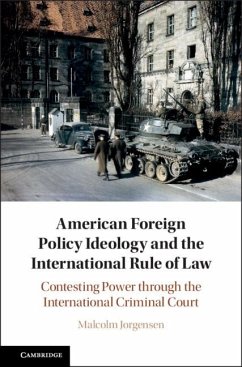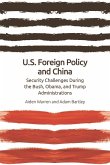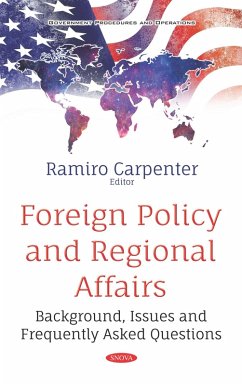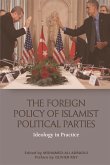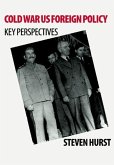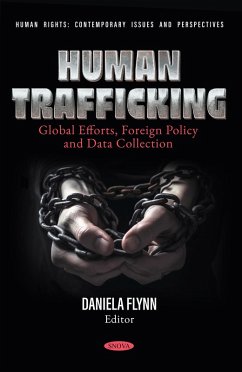American engagement with international law has long been framed by commitment to the 'international rule of law', which persists even across divergent political and historical eras. Yet, despite appeals to legal ideals, American international law policy is consistently criticised as fraught with contradiction and distorted by beliefs in 'exceptionalism'. These contested claims of fidelity to law are the subject of this book: what does the 'international rule of law' mean for American legal policymakers even as they advocate competing commitments to international legal order? Answers are found in extensive evidence that American policymakers receive international law through established foreign policy ideologies, which correspond with divisions in both legal scholarship and diplomatic history. Using the case of the International Criminal Court, the book demonstrates that the very meaning of the international rule of law is structured by competing ideological beliefs; between American policymakers and global counterparts, and among American policymakers themselves.
Dieser Download kann aus rechtlichen Gründen nur mit Rechnungsadresse in A, B, BG, CY, CZ, D, DK, EW, E, FIN, F, GR, HR, H, IRL, I, LT, L, LR, M, NL, PL, P, R, S, SLO, SK ausgeliefert werden.

